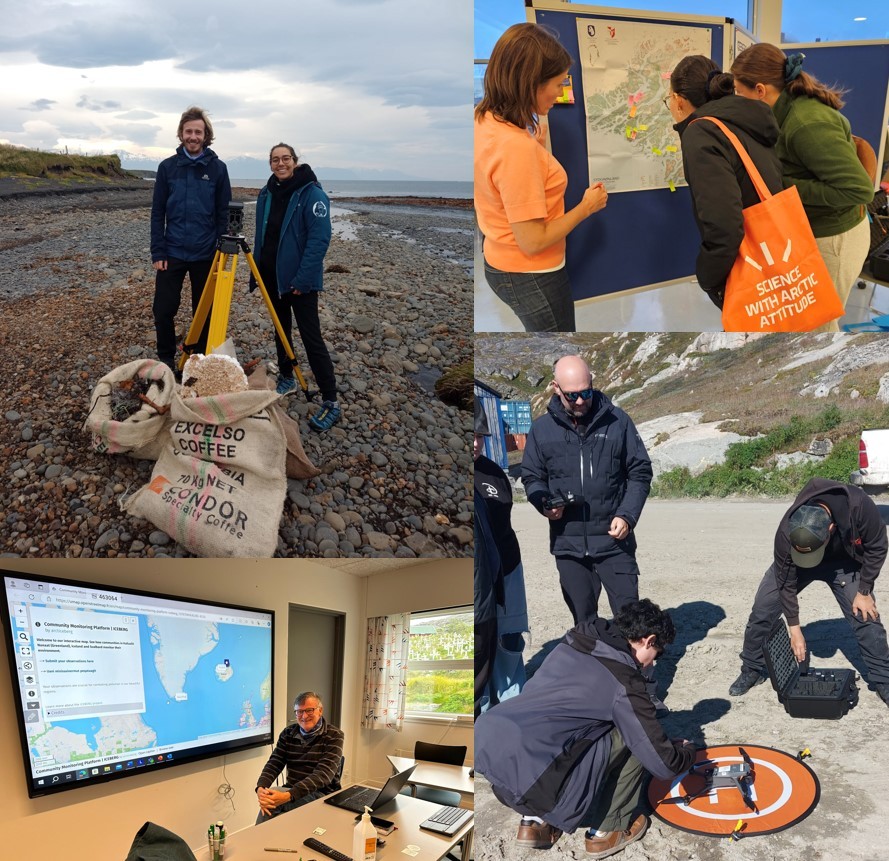Microplastics Citizen Science
Citizen science plays a vital role in mitigating microplastics by actively involving communities in monitoring and collecting data on plastic pollution. This can be achieved through citizen-led initiatives such as identifying pollution hotspots, tracking microplastics distribution in local waterways, and raising awareness about the sources of plastic debris. These are some typical goals of microplastics citizen science projects, for example Micro-Investigators, a project led by a UFZ researcher. Employing a collective effort in quantifying and mitigating microplastics not only enhances scientific understanding but also encourages behavioral changes, such as reducing plastic use and improving waste management practices. By empowering citizens to participate in data collection and advocacy, citizen science helps inform policy decisions and promotes community-based solutions to combat microplastic contamination.
UFZ is a consortium partner in the Horizon Funded ICEBERG project that studies ocean and coastal pollution and creates governance and resilience strategies with European Arctic communities. The project harnesses several citizen science methods to monitor plastic litter along Arctic coastlines. Drones and autonomous time-lapse cameras are deployed by the local communities on beaches, collecting litter data and mapping spatial and seasonal trends of plastic pollution. Through an interactive community-based monitoring platform, citizen scientists can upload their findings, helping to identify pollution hotspots and raise awareness about litter sources (which is mostly plastic pollution). Plastic that is collected from community clean-ups are also analyzed by ICEBERG scientists to investigate, for example the toxicological impact of microplastics and nanoplastics on the gut-liver axis using in vitro cellular models. This integrated approach fosters local engagement and provides critical data that inform targeted mitigation strategies, ultimately supporting efforts to reduce microplastic pollution and protect fragile Arctic ecosystems.

ICEBERG Citizen Science activities. From top left: time lapse camera beach litter monitoring (photo credit: Victor Lion), participatory mapping with the community finding litter hotspots (photo credit: Christine Liang), drone beach litter monitoring (photo credit: Elise Lepy), teaching how to use the interactive community-based monitoring platform to a highschool class (photo credit: Anne Chahine)
